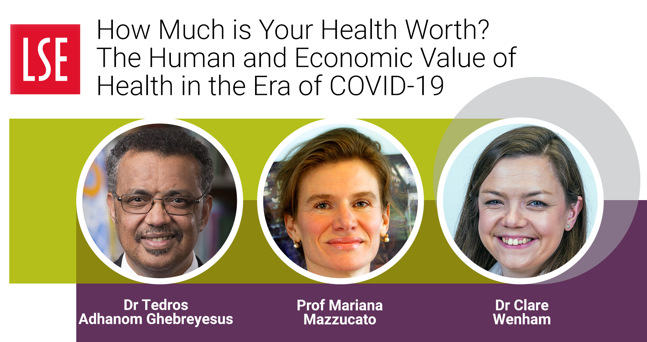Health and the Economy

Health systems are important contributors to better health outcomes and human wellbeing. They are also central to the effective functioning of the economy. By improving health, health systems contribute to increasing labor supply and productivity. In addition, when viewed as economic sectors, health systems are a major source of employment and produce goods and services that directly contribute to economic growth. Well-functioning health systems also have several additional positive externalities, notably on health security and economic security.
Under this area of work, EEA develops resources to guide the choice of methods for valuing investments in health and health systems and their contribution to the economy and provides technical assistance in their applications.
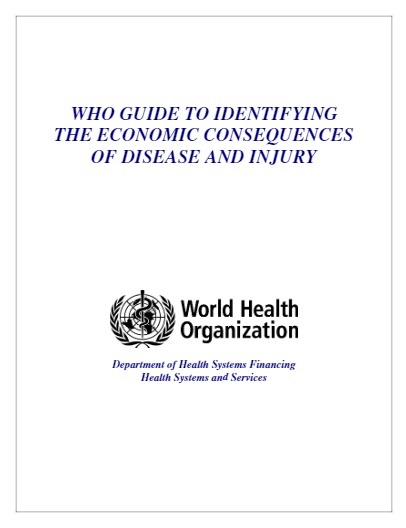
Economic consequences of disease and injury
Ill-health has substantial economic consequences, now and in the future. A range of methods are available to quantity the impacts of disease and injury at micro and macro levels. WHO developed a conceptual framework within which these impacts can be considered
and appropriately quantified.
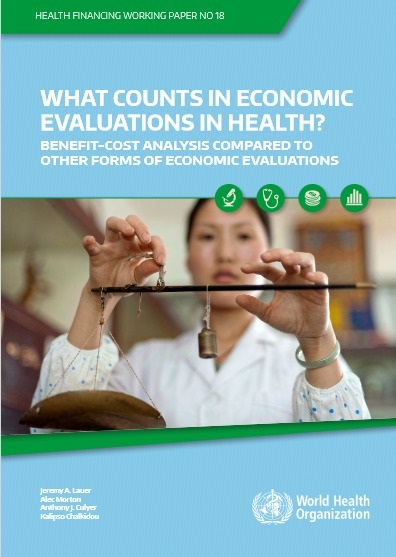
Accounting Framework for economic evaluations in health
To support the thoughtful choice of economic
evaluation methods, WHO proposes an accounting framework highlighting the
similarities and differences between the various types of economic evaluations in health. This resource
suggests the use of tables of accounts to support a better understanding of the
concepts of economic evaluations in health. It also takes a closer look at benefit-cost
analysis and investment cases in health.
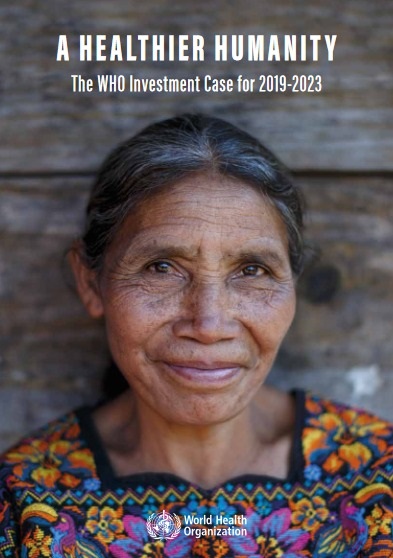
Economic Projections of Illness and Cost of Intervention
EPIC is a model to estimate the burden of ill-health (or, conversely the contribution of improving health) on economic performance, through the direct and indirect impacts that health has on two key production factors: the labour force and physical capital.
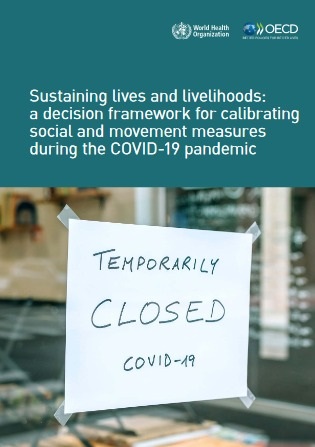
Decision framework for Sustaining lives and livelihoods
Calibrating measures that control the transmission of COVID-19 is complex as it can have direct and indirect health and economic impacts across different populations, now and in the future. Inclusive and transparent decision-making processes systematically
informed by multidisciplinary data are required to increase the legitimacy of decisions, promote trust between populations and decision-makers and enhance the effectiveness of control measures. WHO and OECD propose a five-step framework to support
decision-making in the context of the COVID-19 pandemic.
Publications
All →
The far-reaching impacts of the COVID-19 pandemic underscore the critical need for evidence-informed, transparent and inclusive decision-making. Policy-makers...

Sustaining lives and livelihoods: a decision framework for calibrating social and movement measures during...
Social and physical distancing and restrictions on international travel (thereafter “social and movement measures”) have been introduced to...
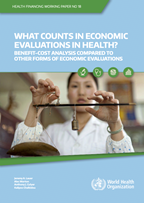
What counts in economic evaluations in health?
Economic evaluations are increasingly popular, both in the field of global health as well as in purely domestic settings. However, the proliferation and...

After a 3-year study of trends and future projects, WHO’s Strategic Advisory Group on Malaria Eradication has released a detailed report of its key...

A healthier humanity
WHO’s five-year strategic plan covering the period 2019–2023 is focused on achieving its Triple Billion target, which states that...

Health employment and economic growth
The contents of this book give direction and detail to this important perspective by presenting new evidence and analysis. It summarizes and sets out,...

While measurements of morbidity and mortality are key considerations for estimating the burden of disease in populations, they provide an incomplete picture...
News
All →Podcast
Related health topics
Contact Us
If you have a query or feedback please contact

